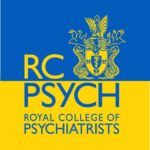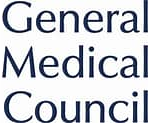ADHD in Children
ADHD in Children
ADHD in Children
Attention-Deficit/Hyperactivity Disorder (ADHD) is a neurodevelopmental condition that affects children and can continue into adulthood. It is characterized by persistent patterns of inattention, hyperactivity, and impulsivity that interfere with daily functioning or development. These behaviors are more intense and frequent than what would typically be observed in children of the same age, often leading to difficulties in school, at home, and in social interactions.
ADHD is not a result of poor parenting or a lack of discipline; rather, it is believed to be caused by a combination of genetic, neurological, and environmental factors. The exact cause is still not fully understood, but there is significant evidence that brain structure, function, and certain neurotransmitter imbalances play a role.
Symptoms of ADHD in Children
ADHD symptoms can vary widely among children, but they fall into three main categories: inattention, hyperactivity, and impulsiveness.
It is important to note that all children exhibit some of these behaviors at times. However, in children with ADHD, these behaviors are chronic, more severe, and interfere significantly with their ability to function at school, at home, and in social settings.
Diagnosis of ADHD in Children
Early diagnosis and a tailored treatment plan are essential for helping children manage symptoms and reach their full potential. Diagnosing ADHD is not a simple process, as there is no single medical test for the condition. As there are many other conditions that may present with similar symptoms, it is important that a clinician with experience in diagnosing ADHD conduct a thorough assessment. Child and adolescent psychiatrists are trained to conduct thorough ADHD assessments. They are also able to exclude other diagnoses that may present like ADHD and diagnose mental health disorders that are commonly comorbid with ADHD. Diagnosis of ADHD is typically made when symptoms have persisted for at least six months, and are not better explained by another condition, like anxiety, depression, or a learning disability.
Treatment of ADHD in Children
While ADHD is a lifelong condition, with the right treatment and support, children with ADHD can lead successful, fulfilling lives. Treatment often involves a combination of medication, behavioral therapy, and educational support.


